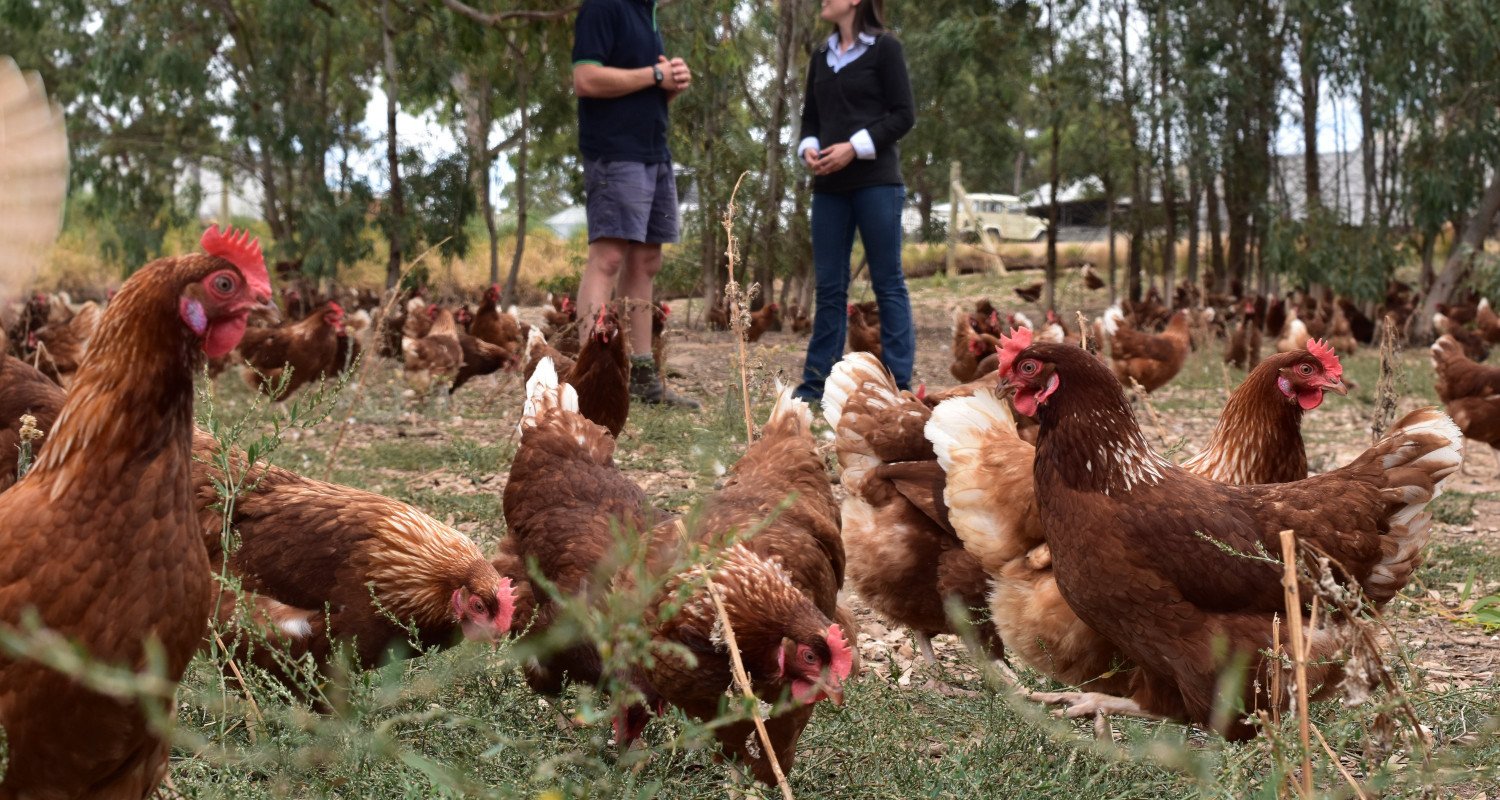
Australian research reveals how deficiency affecting one in three people can be avoided
Australian research reveals how deficiency affecting one in three people can be avoided
- Publication
- Reading time 3 minutes

Peer-reviewed findings from Melbourne’s Deakin University show a minimum of seven eggs per week can help maintain vitamin D levels in winter.
Despite our reputation as a sunburnt country, Australia’s vitamin D deficiency rate is among the highest in the world during the winter months. Now, new research from Melbourne’s Deakin University has shown, via monitoring blood vitamin D levels, that consuming at least seven eggs a week or one egg per day can help maintain the body’s levels of vitamin D throughout winter1.
The prevalence of vitamin D deficiency increases to 36% of Australian adults during the winter months, meaning one in three are not obtaining enough vitamin D from the sun or their diet. With lower vitamin D levels, Australians are more prone to flus and respiratory infections, particularly in the lead up to and during the flu season.
Researcher at Deakin University, Professor Robin Daly says:
“Vitamin D deficiency is often not top of mind for Australians, even though it is a common problem not only locally, but also globally. We know that vitamin D deficiency can have a negative impact on bone health as the key function of vitamin D is to promote calcium absorption, but it may also pose an increased risk of other non-skeletal diseases such as type 2 diabetes, hypertension, Alzheimer’s disease and mortality.”
The main source of vitamin D is sunlight exposure, with few foods naturally containing vitamin D. Eggs are one of the few dietary rich sources of vitamin D and currently Australians consume around four eggs per week. Based on the current research by Professor Daly, adding an additional three eggs per week to reach the recommended minimum of seven can help people avoid the wintertime decline of vitamin D concentrations.
A 2019 report from the Department of Health reported that the flu season places many pressures on the Australian hospital system, when patients are admitted with influenza like symptoms; and workplaces, with many needing to take time off to recover. In 2019, the number of hospital beds that were occupied by patients with confirmed influenza nearly doubled to 57%, compared to an average of 32% in the previous five years2.
With the rise in hospitalisation from influenza like symptoms, maintaining and improving immunity has never been more important. Having sufficient vitamin D levels is key and may help reduce the severity of respiratory infections, and in turn may even help prevent hospitalisation.
Vitamin D deficiency can impact the quality of life of Australians, with low levels of vitamin D sometimes leading to fatigue, bone and muscle aches and pain and muscle weakness as well as mood changes and an increased risk of contracting respiratory infections.
Luckily, Australians can help maintain their vitamin D levels easily with the addition of at least one egg a day. In even better news, having a serve of just two eggs a day, is enough to deliver 82% of the recommended dietary intake of vitamin D for Australians.
END
About the research:
The research involved using randomised controlled trials whereby 51 adults aged 25-40 years residing in Melbourne and Geelong, Australia, were randomly allocated (like the flip of a coin) to consume either 2 eggs/week (n=17), 7 eggs/week (n=17) or 12 eggs/week (n=17) for 12 weeks. The main outcome of interest was change in blood vitamin D levels after 12 weeks. Secondary outcomes were changes in blood lipids and acceptability to eating the different doses of eggs. The current Australian Dietary Guidelines don’t have a limit for how many eggs can be consumed per week as part of a healthy, balanced diet. This study is the first to investigate if there is a dose-response relationship between commercially available Australian eggs and blood vitamin D levels.
References:
- Daly RM, De Ross B, Gianoudis J, Tan SY. Dose-Response Effect of Consuming Commercially Available Eggs on Wintertime Serum 25-hydroxyvitamin D Concentrations in Young Australian Adults: A 12 week Randomized Controlled Trial. J Nutr. 2022 Feb 26:nxac044. doi: 10.1093/jn/nxac044. Online ahead of print.
- Department of Health. 2019 Influenza Season in Australia, A summary from the National Influenza Surveillance Committee. https://www1.health.gov.au/internet/main/publishing.nsf/Content/7610377A5BEB1D25CA25874B007D9DD2/$File/2019-Influenza-Season-Summary.pdf



